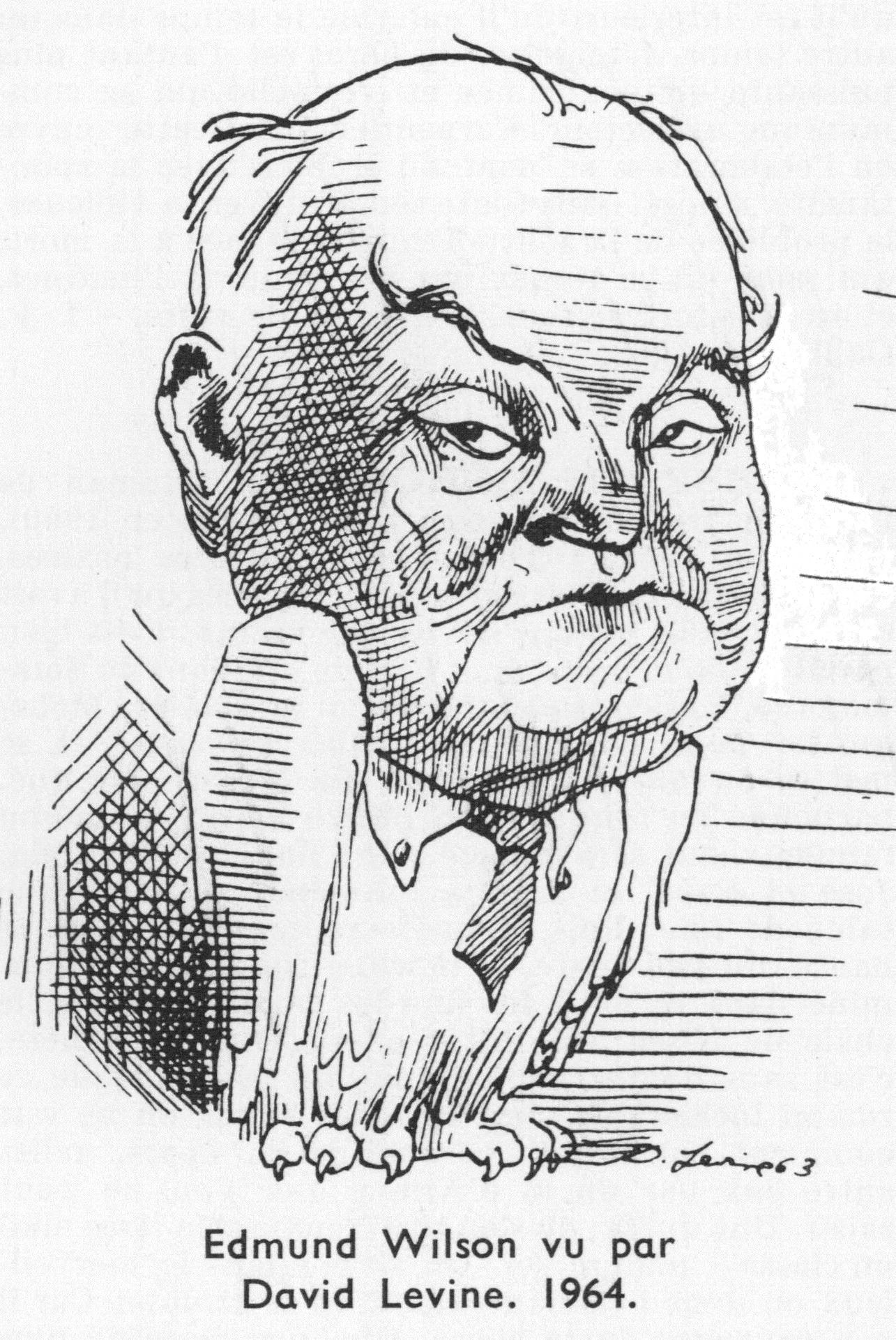Bertha Wilson - Canadian History.
Publié le 03/05/2013
Extrait du document

Bertha Wilson - Canadian History. Bertha Wilson, born in 1923, Canadian jurist and the first woman justice on the Supreme Court of Canada (1982-1991). She was born Bertha Wernham in Kirkcaldy, Scotland, and received a master's degree from the University of Aberdeen in 1944. She married John Wilson in 1945, and four years later they immigrated to Canada. In 1957 she earned a law degree from Dalhousie University in Nova Scotia. She then practiced law in Toronto as head of the research department of Osler, Hoskin, and Harcourt, a large law firm. In 1975 she became the first woman ever appointed to the Ontario Court of Appeal, and in March 1982 Prime Minister Pierre Trudeau appointed her a puisne (associate) justice on the Supreme Court, making her the first woman justice on the Court. As a member of the Court led by Chief Justice Brian Dickson (1984-1990), she wrote dissents and separate concurrences more often than majority decisions. Nevertheless, she significantly influenced the Court. In the 1990s only the writings of Dickson and Justice Antonio Lamer were cited more often than hers in Supreme Court opinions. Wilson joined the Court in 1982, the same year that the government enacted the Canadian Charter of Rights and Freedoms. She became known as one of the greatest supporters of a broad application of the rights in the charter. In Singh v. Minister of Employment and Immigration (1985) she found that the charter applied to noncitizens claiming refugee status and that "mere administrative convenience" did not justify the limitation of those rights. Her decision in R. v. Lavallee (1990) upheld battered women's syndrome as a legitimate defense in criminal proceedings. She is best known for her separate concurrence in R. v. Morgentaler (1988), the decision that struck down the criminal law on abortion. Although she did not write the majority decision, her passionate defense of a woman's rights over her own body is the best-known and most frequently cited opinion from that momentous decision. Wilson was active in speaking and writing in the interests of what she described as a "moderate feminism." The most notable example was a 1990 lecture that positively answered the question "Will Women Judges Really Make a Difference?" Wilson retired from the Court in 1991. Contributed By: Peter McCormick Microsoft ® Encarta ® 2009. © 1993-2008 Microsoft Corporation. All rights reserved.
Liens utiles
- Acadia - Canadian History.
- Alexander Mackenzie - Canadian History.
- Assembly of First Nations - Canadian History.
- British North America Act - Canadian History.
- Canada - Canadian History.































